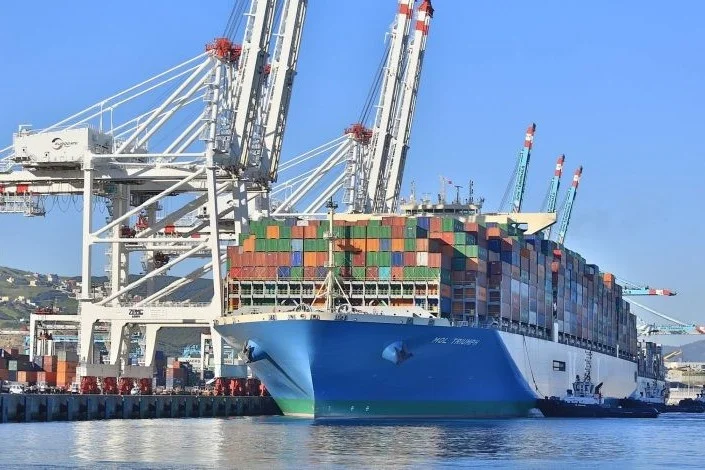General Confederation of Moroccan Enterprises: Handing out Social Responsibility Label awards to the beneficiary companies

Morocco ranks 49th globally, 6th in Africa, and 4th in the Arab world in adopting voluntary sustainability standards in public procurement policies and trade, according to a report by the United Nations Forum on Sustainability Standards.
Tunisia ranks 3rd among Arab countries, with a score of 25.77%, while Egypt and Morocco scored 28% and 26.92%, respectively. Globally, Tunisia is ranked 58th out of 192 countries in adopting these standards.
In Africa, Tunisia is 10th, following Madagascar (ranked 56th), Uganda (53rd), Ghana (50th), Morocco (49th), Egypt (40th), and Ethiopia (37th). South Africa (ranked 18th), Kenya (26th), and Tanzania (36th) are the top three African countries in adopting voluntary sustainability standards.
On the global stage, Brazil (1st), the United States (2nd), and China (3rd) top the list with adoption rates exceeding 40%.
The report highlighted that the adoption of these standards is closely linked to the diversity of export products. Isabelle Durant, Deputy Director of the United Nations Conference on Trade and Development (UNCTAD) and Forum Coordinator, stated that the United Nations Forum on Sustainability Standards is a coalition of five UN agencies promoting these guidelines.
These five agencies are the Food and Agriculture Organization (FAO), the International Trade Centre (ITC), the United Nations Environment Programme (UNEP), and the United Nations Industrial Development Organization (UNIDO).
Isabelle Durant pointed out that voluntary sustainability standards are recognized as tools for governments to implement sustainable development goals. She concluded by saying, “If used appropriately with trade policy, they can accelerate sustainable development.”
The report defines voluntary sustainability standards as specific rules ensuring that products are manufactured or transported according to certain sustainability criteria, such as environmental impact, fundamental human rights, labor standards, and gender equality.
 Albania
Albania Algeria
Algeria Andorra
Andorra Argentina
Argentina Armenia
Armenia Australia
Australia Austria
Austria Azerbaijan
Azerbaijan Bahrain
Bahrain Belgium
Belgium Bolivia
Bolivia Brazil
Brazil Bulgaria
Bulgaria Cambodia
Cambodia Cameroon
Cameroon Canada
Canada Chad
Chad Chile
Chile China
China Colombia
Colombia Costa Rica
Costa Rica Croatia
Croatia Cyprus
Cyprus Czechia
Czechia Denmark
Denmark Ecuador
Ecuador Egypt
Egypt Finland
Finland France
France Georgia
Georgia Germany
Germany Ghana
Ghana Greece
Greece Hungary
Hungary Iceland
Iceland India
India Indonesia
Indonesia Ireland
Ireland Italy
Italy Jamaica
Jamaica Japan
Japan Jordan
Jordan Kazakhstan
Kazakhstan Kenya
Kenya Kuwait
Kuwait Latvia
Latvia Lebanon
Lebanon Libya
Libya Lithuania
Lithuania Luxembourg
Luxembourg Malaysia
Malaysia Maldives
Maldives Mali
Mali Malta
Malta Mexico
Mexico Moldova
Moldova Monaco
Monaco Morocco
Morocco Netherlands
Netherlands New Zealand
New Zealand Nigeria
Nigeria North Macedonia
North Macedonia Norway
Norway Oman
Oman



